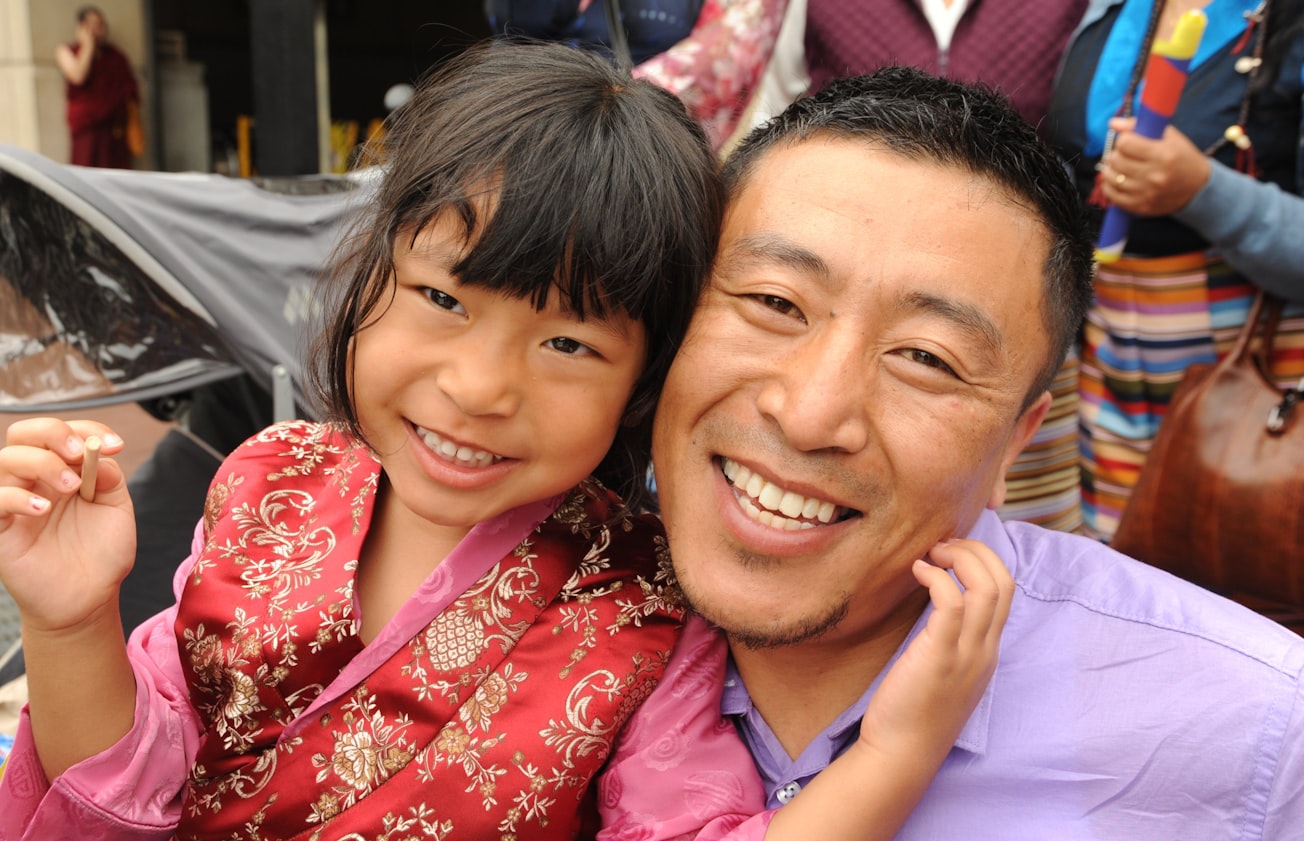What is it about?
This article examines how Tibetan children in Amdo (Qinghai province, China) are learning and using their mother tongue. The author argues that rural Tibetan children build cultural knowledge of place and family relationships through unique grammatical patterns. More specifically, it examines children's uses of spatial deixis to coordinate group play and manage conversations with multiple participants.
Featured Image

Photo by Wonderlane on Unsplash
Why is it important?
The findings show that rural Tibetan children have sophisticated knowledge of the grammar of their mother tongue. It supports other studies from anthropology and linguistics that show how family relationships and place-based knowledge contribute to language vitality.
Read the Original
This page is a summary of: Spatializing kinship, Pragmatics Quarterly Publication of the International Pragmatics Association (IPrA), November 2021, John Benjamins,
DOI: 10.1075/prag.20039.war.
You can read the full text:
Resources
Contributors
The following have contributed to this page







